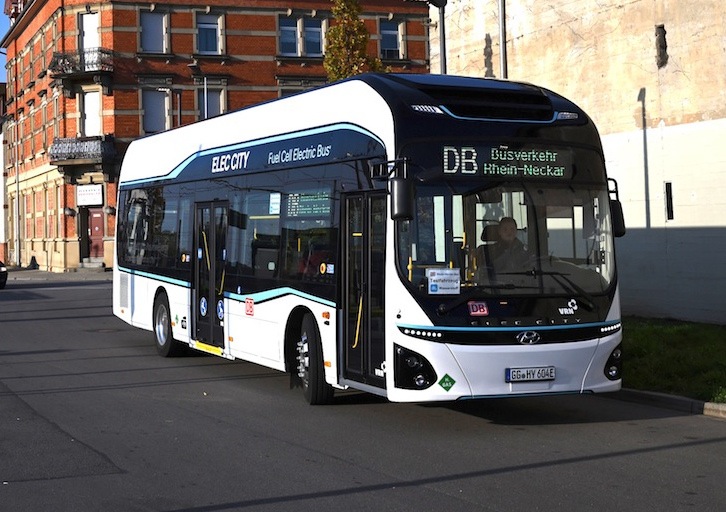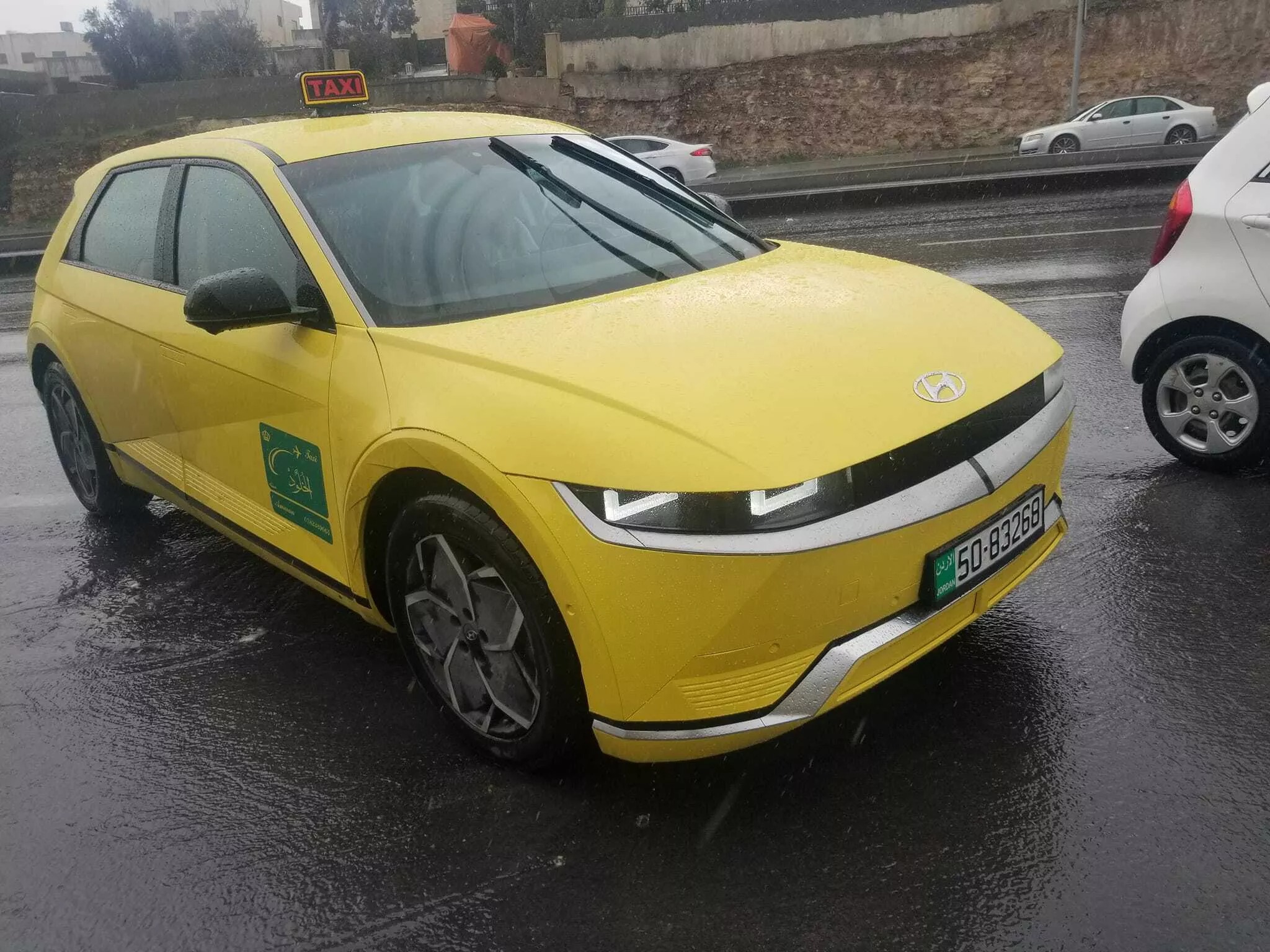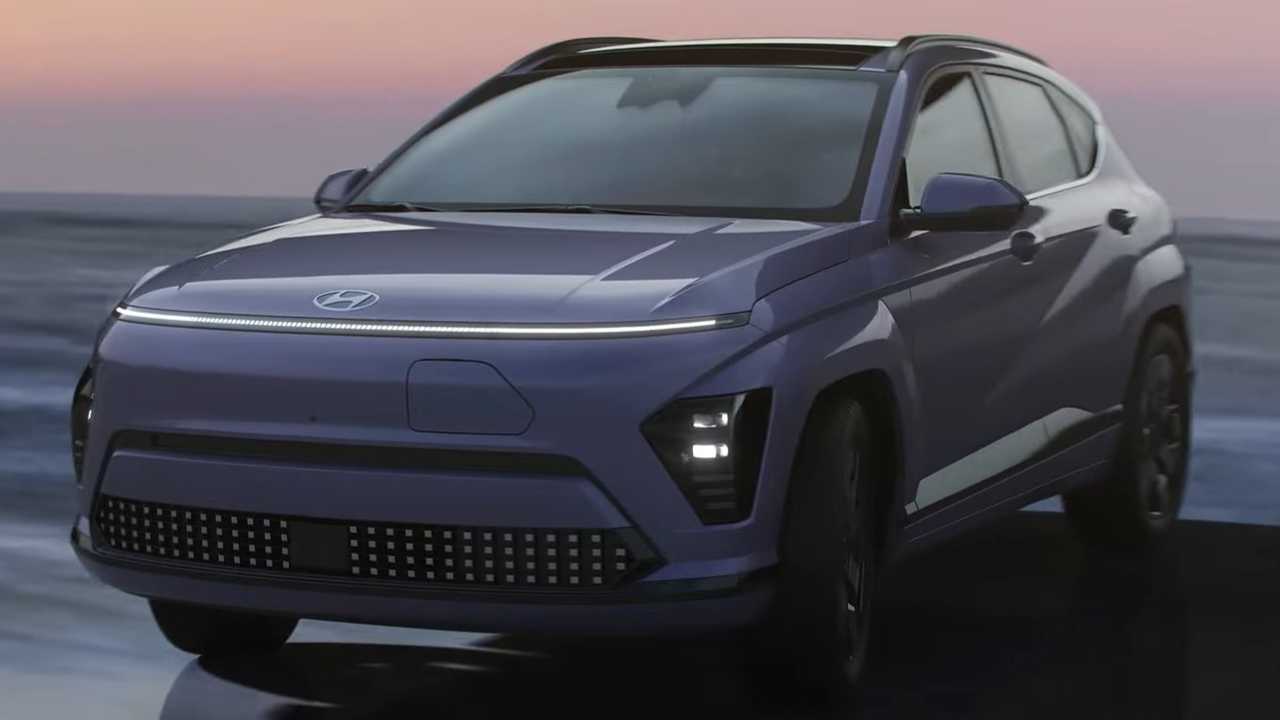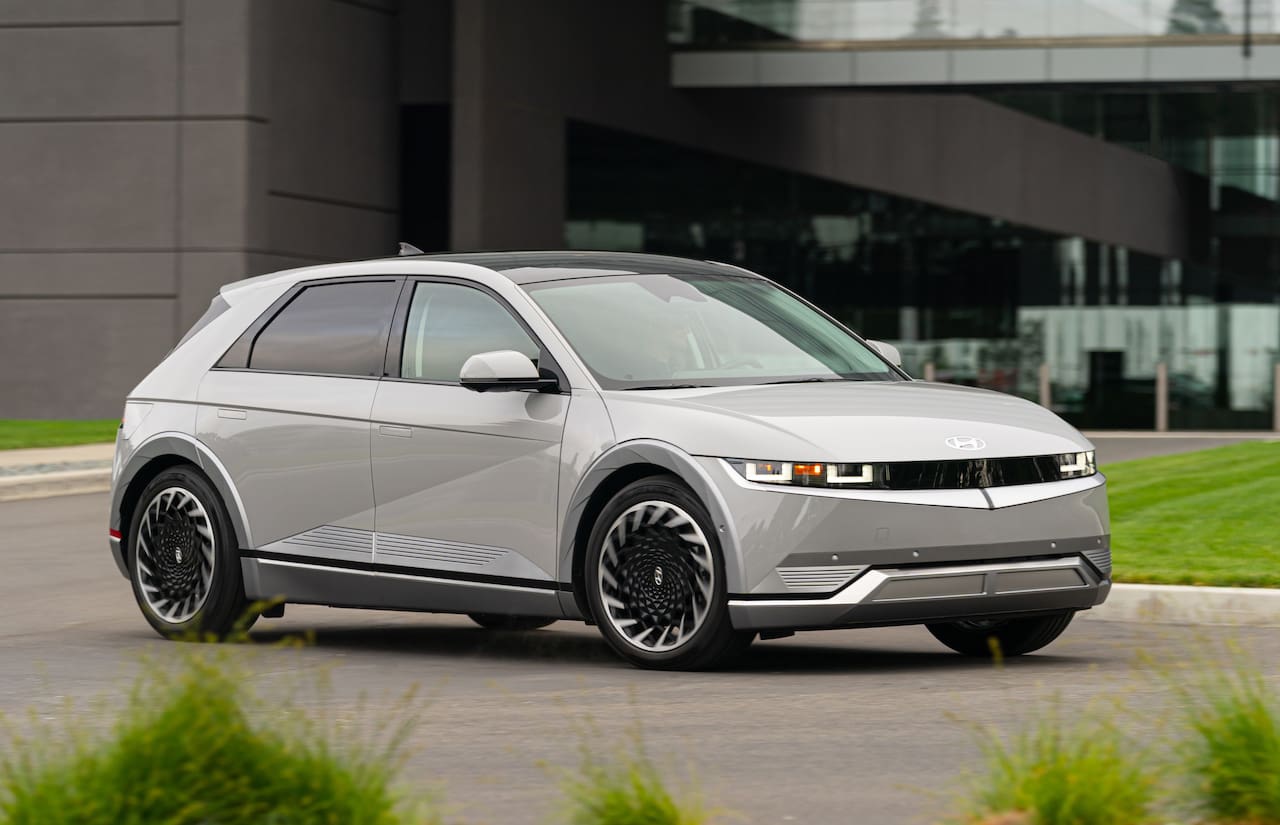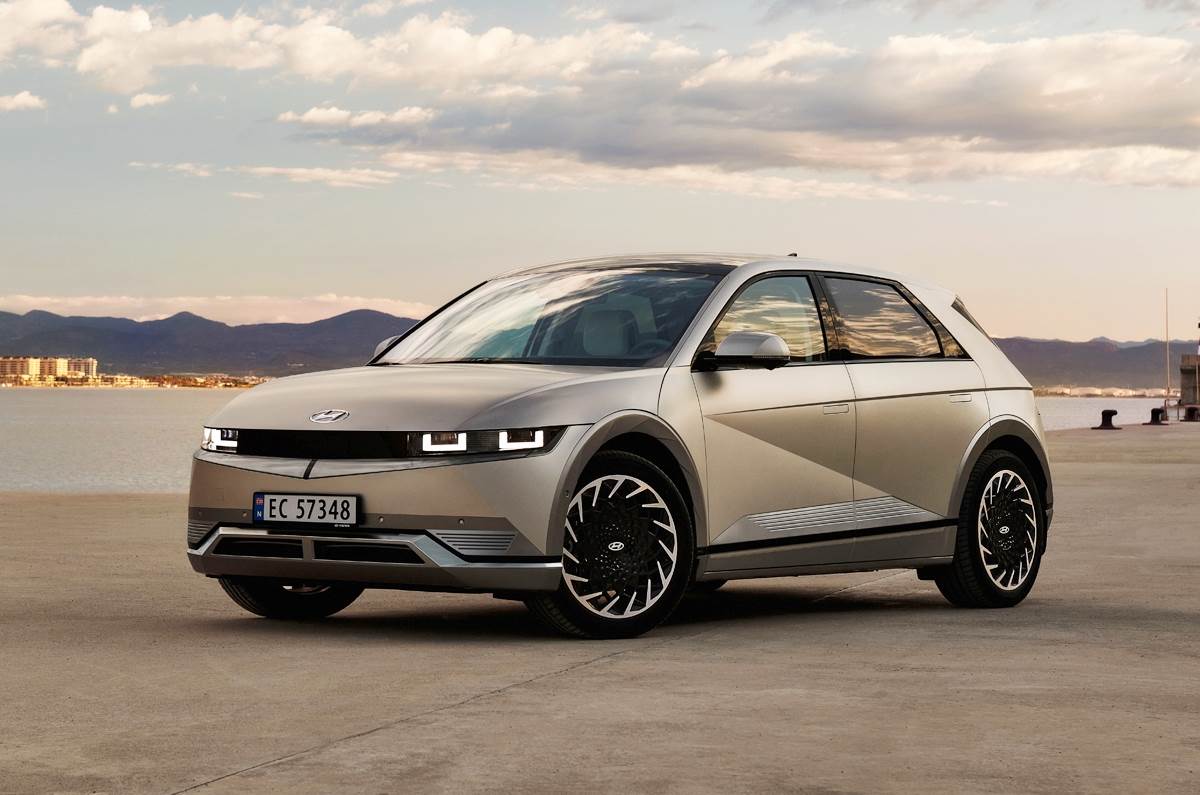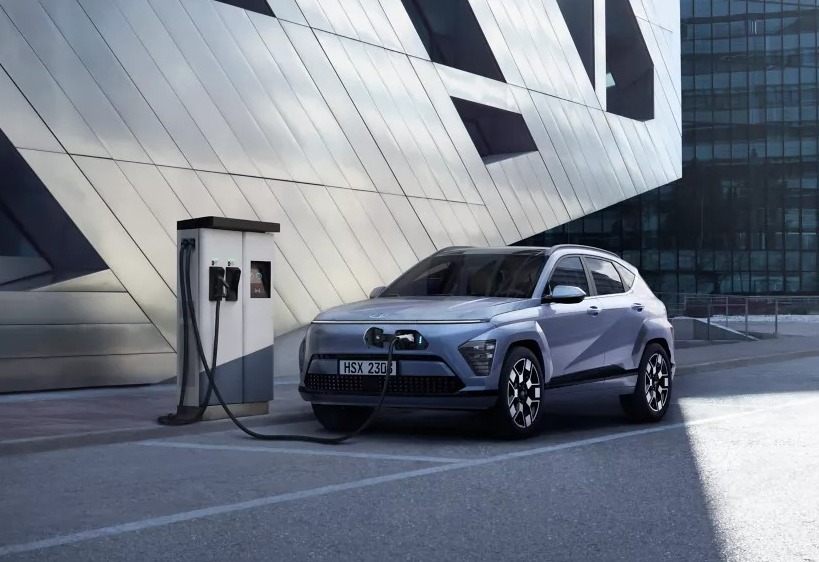The Hyundai Ioniq 5, an eye-catching electric vehicle (EV), has been making waves for its unique design and impressive features. However, following a recent software update, the car’s Eco mode has been causing significant performance issues. Owners have reported that the car has become so slow in this mode that it can barely keep up with modern traffic.
The issue reportedly arose after a software update was released to improve the pre-conditioning battery warming function. Unfortunately, this update also introduced a bug that drastically reduced the power of the Eco mode, causing significant delays in acceleration. While it is common for Eco mode to limit acceleration or power in most cars, this issue has resulted in 0-60 mph times of 12.5 seconds, much slower than the usual times for this car.
See also: Hyundai Ioniq 5 Vs Tesla Model Y – Who is better?
A YouTube channel, Wrenching Fool, compared two Ioniq 5s filmed doing acceleration tests, one with the update and one without the update. The Ioniq 5 without the update managed an average 0-40 mph time of 4.45 seconds. The one with the update took over 7.2 seconds, highlighting the significant impact of this bug on the car’s performance.
While there is no official confirmation of the exact extent of the performance reduction caused by the update, Hyundai has acknowledged the issue and is taking steps to address it. A post on IoniqForum reportedly shows an interaction with a Hyundai electric vehicle systems engineer who confirmed the issue and advised owners to avoid using the Eco mode. Hyundai has completed validation of a software update that will correct the problem, and dealers will be able to perform the update on affected vehicles starting February 27th.
See also: Hyundai Announces Pricing for IONIQ 6 Electric Sedan in US, to Start at $41,600
In the meantime, it is recommended that owners avoid using the Eco mode and instead drive the car in normal or sport mode. Despite the temporary setback, the Hyundai Ioniq 5 remains a funky little EV that boasts features better than the Tesla Model 3.



